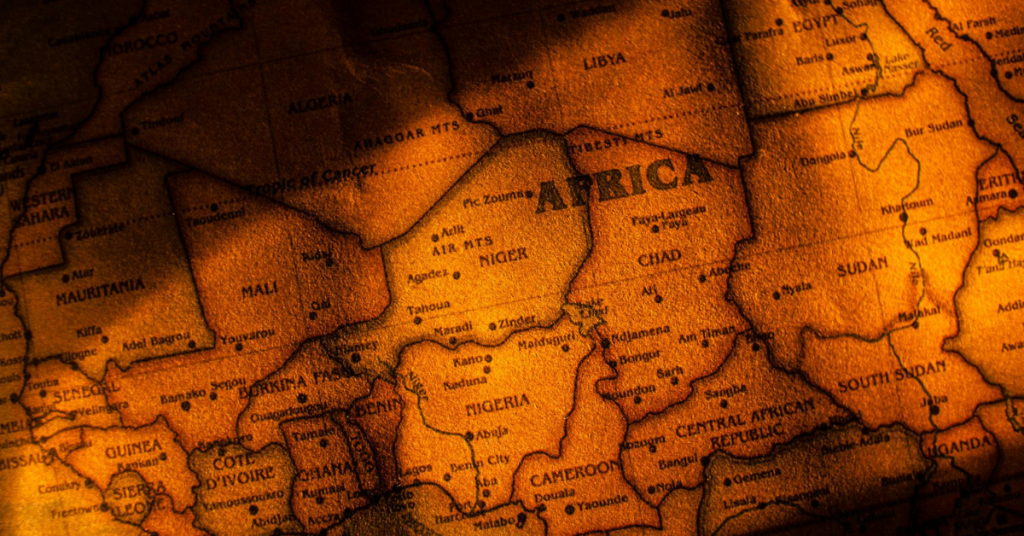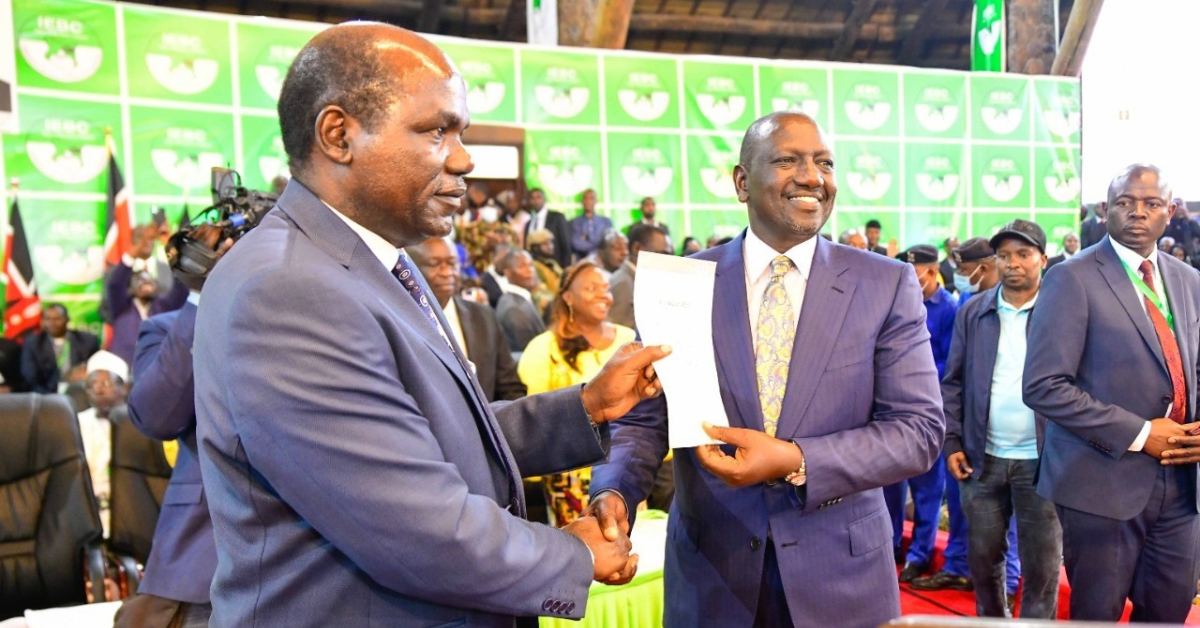If you hear it said you would be forgiven if you thought you were in another planet. The new growth frontier; the rising giant; the future hub of global growth; unprecedented economic rise; a golden time for Africa, and so on. These are the words we hear increasingly bandied around at every other forum on African development. We heard it most loudly at the recent World Economic Forum on Africa in South Africa, and the African Union’s Annual Summit in Addis Ababa. Earlier in the year, we heard it at the Economist’s Africa Summit in London. There seems to be no shortage of forums proclaiming the arrival of Africa’s moment.
There is no doubt that something very interesting and hopeful is happening in Africa. Aside from the often-quoted “above 5 % economic growth for a decade”, there is real evidence of broad-based growth. The Millennium Development Goals Report for 2013 confirms this: 15 of the 20 countries in the world making the greatest progress towards meeting the MDGs were from Africa. From malaria deaths to HIV infection rates to child mortality rates, to school enrolment rates, to life expectancy, things are indeed looking up across Africa. And yet, there is also no doubt that there are many areas (manufacturing and governance for instance) where Africa is either stagnating or regressing. Optimism must therefore be tempered by caution.
There is not enough ‘cautious optimism’ in many of the utterances we hear on African development, especially by Africans themselves. Recently, I had occasion at an informal function to engage a group of African diplomats on the topic of African development and foreign development support. One of them said, “Africa does not need aid from foreigners; they can take away their money. After all, their economies are suffering while Africa’s has been doing very well.” He was – intentionally or unintentionally – echoing President Museveni’s statement at the recent AU Summit that “…African economies are growing at the rate of 5% per annum while some other parts of the world are growing at miserable rates.” It is telling that the Ambassador making the statement comes from a country that needed foreign aid to conduct a national election!
Such comments come embarrassingly close to chest-thumbing. There is a worrying undertone that suggests premature celebration. This ‘Africa rising’ motif conjures up two images. You could picture a battered giant rousing up from a long, fitful and nightmarish slumber. He has just got into sitting position. He is still grouchy and a bit confused. He rubs his eyes to clear the haze. When now sees the bright rays of the rising sun, he exclaims: ‘This is a great dawn; I am going to have a great day.’ He is very pleased. He reaches out to the ‘champagne’ bottle and starts celebrating. Soon he is drunk and back to sleep.
That is one image. You could also picture an alternative image; that of a lioness at the end of a long dry season. The rain drops have just started falling, heralding the beginning of a rainy season, usually a time of plenty. She is bony but wiry strong. It has been a long night. She gets up, stretches and yawns hungrily. She is ready for the hunt. She knows she cannot afford to waste her diminished energy reserves and must therefore employ her most effective strategy to catch prey. I prefer this imagery.
The fact is Africa is still desperately weak economically, militarily, scientifically and democratically. That Mali had to call in France, its former colonial master to help in liberating parts of its country, is a stark reminder. Africa can ill afford chest-thumbing histrionics. It should instead consider what I call strategic humility in its pursuit of its development. China would offer a great example of a country that is successfully employing strategic humility. Whilst everyone talks about how China is making great strides (and they are), the Chinese government is very careful to portray itself as just another developing country. They are very good at downplaying themselves – perhaps a Confucian cultural legacy that extolls modesty and humility. Meanwhile, it spreads its economic tentacles across the globe. In a space of a mere six years, it overtook Britain, France, Germany and Japan to become the second largest economy in the world by 2011.
Rather than chest-thumb, Africa should learn from China’s strategic humility. And they do not have to be converts to Confucianism to do this. African proverbs are full of strategic humility lessons. Consider the following from just one culture – mine: If you want to draw blood from a strong bull, you must first shield its eyes. Don’t go to war with a shield that is not fully cured. A single bee can kill an elephant by ‘singing’ inside its ear!


